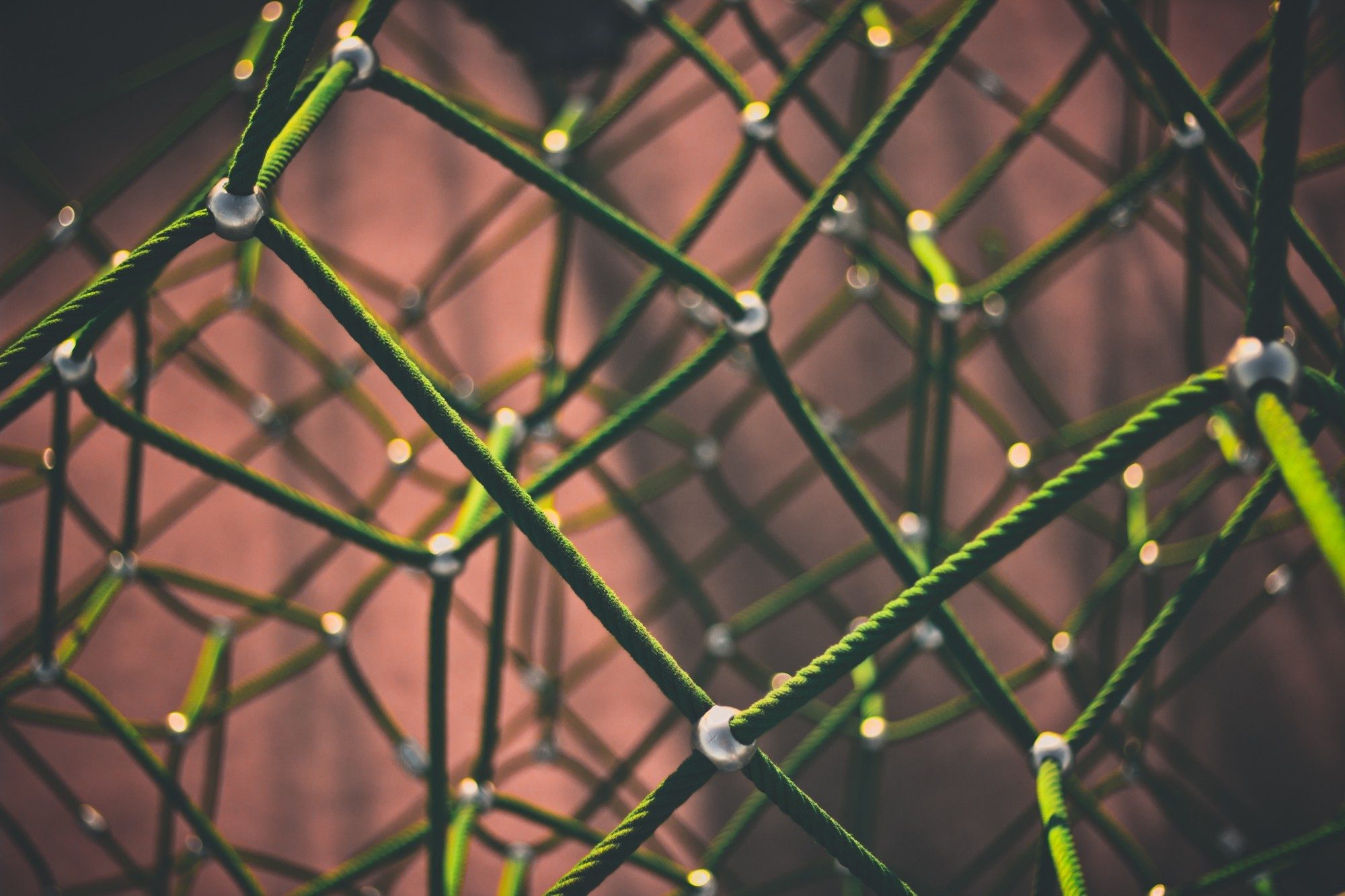 Are you interested in improving your knowledge around student mental health to facilitate working with all the diverse students in your classes and departments?
Are you interested in improving your knowledge around student mental health to facilitate working with all the diverse students in your classes and departments?
As part of ongoing efforts to attend to student mental health at UP, and as part of UP’s participation in the JED Foundation’s Campus Mental Health Action Planning, we are developing the UP Academic Network for Mental Health (what is often called a “gatekeeper” program in other higher education contexts) for faculty and academic staff. Our program will provide a network of people, knowledge, and resources for faculty and staff working directly with students in academic contexts to complement existing campus professionals attending to student mental health through the Early Alert / Care Team, Health and Counseling Center, Residential Life, and other offices of Student Affairs. Members of the Network will primarily serve as resource people and liaisons for other faculty and academic staff needing expertise on working with students of concern – any direct intervention or case management will remain the responsibility of campus professionals.
These types of trainings and programs are considered a best practice for colleges and universities, with clear evidence for increasing knowledge and awareness of mental health issues and some evidence for increasing utilization of appropriate mental health service (for discussions of the research see here, here, and here). For such programs to be effective, the evidence suggests they work best with ongoing training and commitments beyond just initial exposure to addressing student mental health concerns.
What would members of UP’s Academic Network for Mental Health do?
We are planning on two levels of responsibilities for members of the Network. At the first level, members would simply be available as resources, collegial support, and connectors for other faculty. These first level networkers would, after attending basis training in working with students with mental health concerns, be available for discussions about students of concern, and would help connect faculty and academic staff to appropriate resources – including the Early Alert / Care Team, and the Health and Counseling Center.
At the second level, some members of the Network would serve the same resource and liaison role while also committing to joining a coordinating team involving some ongoing commitment to helping faculty and academic staff work with student mental health concerns. Members of this coordinating team would develop expertise and academic initiatives related to mental health through ongoing programming and engagement – including at least one gathering per year with psychologists from the Health and Counseling Center, at least one gathering per year with members of the UP Care Team, and at least one meeting with student groups such as Active Minds to keep lines of communication open and to generate prospective new initiatives. Finally, members of the coordinating team would be identified as resources in case of critical incidents (such as a student suicide) to help respond to the needs of those affected.
Who would be a good member for UP’s Academic Network for Mental Health?
Any member of faculty or academic staff who feels motivated to take an active role around campus mental health is welcome. For the second level coordinating team we additionally hope to identify at least 10 faculty / academic staff to form a core group that is representative of UP’s different colleges and constituencies.
Why might someone want to join the Network?
Being part of the network would qualify as service to the university, and would offer the potential for genuine contributions to campus well-being. It will also provide free professional development opportunities that can improve our work in the classroom and our ability to educate students as whole people.
How do I start?
We are planning a faculty training on Friday January 11th (the end of week before Spring 2019 semester classes start), and will start regular meetings in the Spring of 2019. The January 11th training will start at 10:30 with a 90 minute suicide prevention training for any interested faculty working the students, and then a smaller coordinating group will continue after a lunch break with a discussion and planning session from 12:30 to 2:00. This training will be facilitated by Jim Gouveia, a counselor from Oregon State University with expertise in gatekeeper training and student mental health.
We are also planning a full-day ‘Mental Health First Aid’ training for academic program counselors and associate deans for students on Friday February 22nd – which would be optional for faculty.
To join or with questions please contact Andrew Guest (guesta@up.edu) or other members of the sub-group organizing the gatekeeper program (Elise Moentmann, Lisa Reed, Sarina Saturn, Andrew Downs, Carol Dell’Oliver, Gina Loschiavo, Megan Cohara, and Michael Pelley)
Featured Image: Photo by Clint Adair on Unsplash
